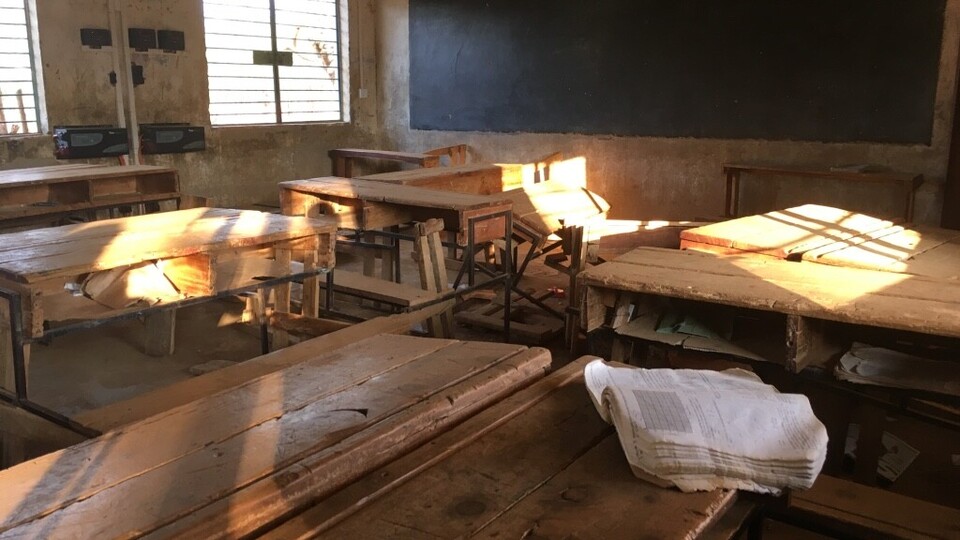A Rocky Road to More Educational Equality in sub-Saharan-Africa

The millennium marked a significant change in the African educational sector. Between 2000 and 2015, most sub-Saharan African countries had a sustainable economic growth with GDP growth rates of more than five percent per annum. At the same time, the international community put more focus on providing all children with at least basic education. In a study that was recently published in Sociology of Education, Dr. Ilze Plavgo, Professor of Sociology of the Welfare State at the University of Mannheim, and her colleague Professor Fabrizio Bernardi of UNED Madrid analyzed if and where the educational expansion of the early 21st century has indeed contributed to educational equality.
The researchers analyzed data from 153 household surveys of 40 countries between 1990 and 2017. Their results show that inequality has decreased when it comes to primary school attendance since more children from lower social groups went to school. However, inequality in completing at least 6 years of primary school persisted and remained mostly unchanged. For most countries under investigation, there is no indication of increased social mobility in educational attainment (apart from notable exceptions such as Ethiopia, Namibia and Sierra Leone). Children of parents with a higher level of education are more likely to finish primary school, compared to children of parents with a lower level of education.
